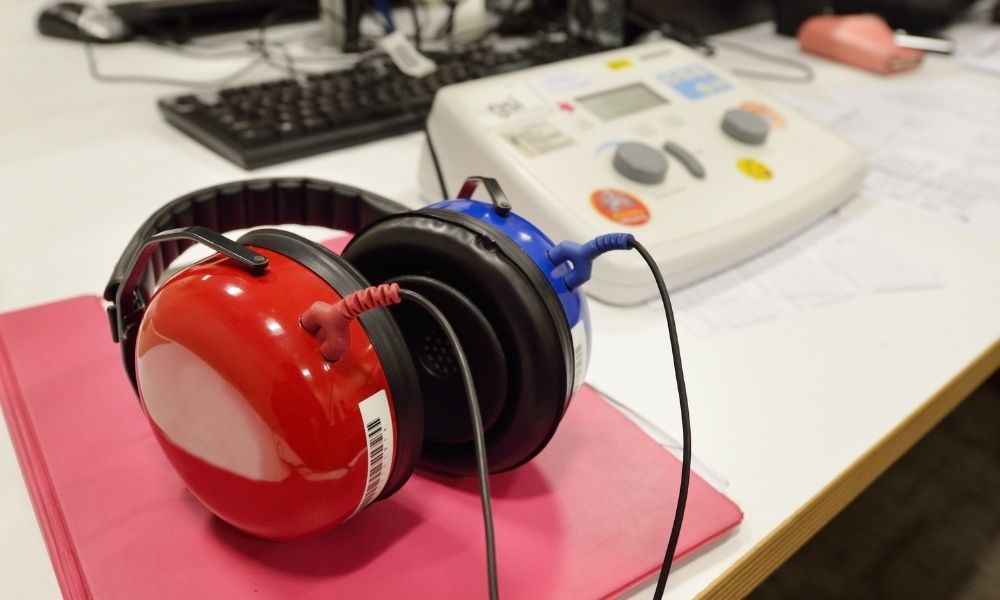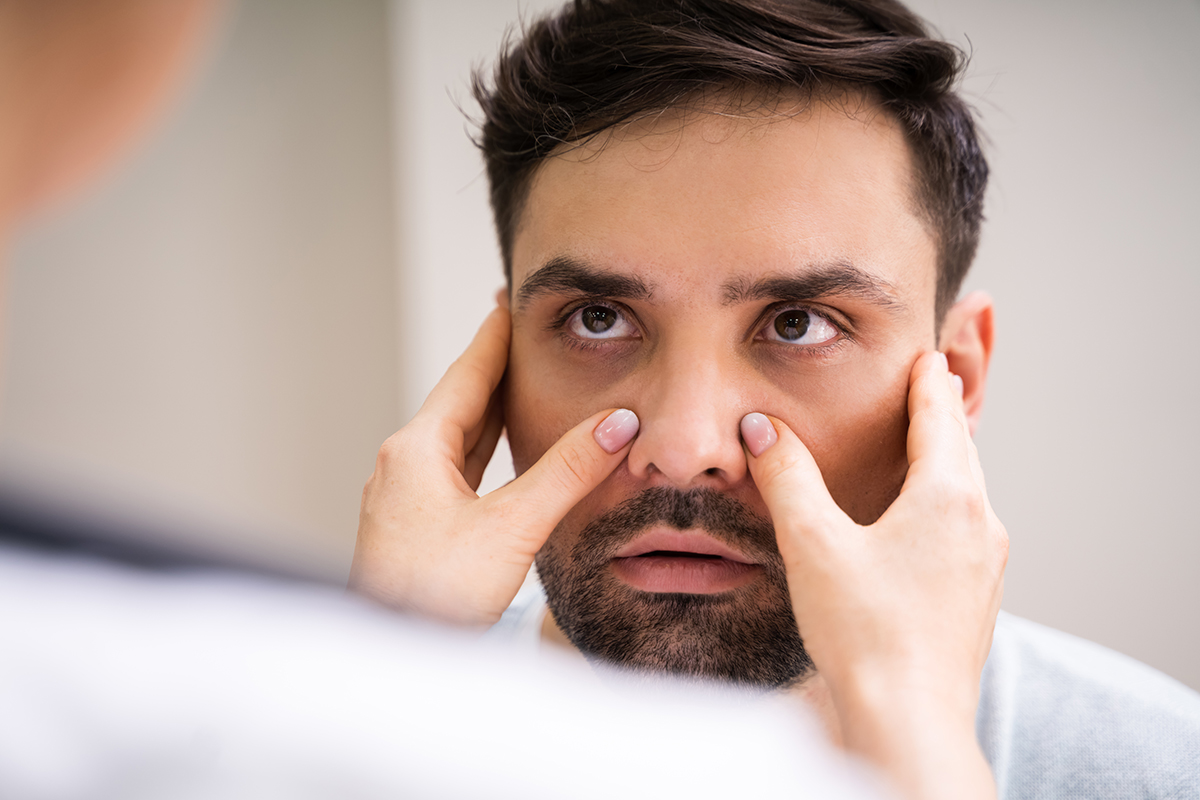
Let’s take a trip back in time to your elementary school days. You should remember stepping outside of class, usually to the gym or the library, to undergo a mandatory hearing test. You got to don a pair of those big, studio-monitor headphones as the doctor or nurse instructed you to listen for a series of beeps. When you heard the beep, you raised your hand, and soon you were on your way.
That hearing test may feel like ancient history to you now. It may do more than just feel that way—in too many cases, people have not undergone a hearing screening since grade school. This is an unfortunate circumstance. Testing your hearing capacity does more than ascertain whether you can still hear a few high-pitched frequencies or quiet volumes. The importance of regular hearing tests is not only about preserving your hearing but ensuring complete health beyond your ears.
Diagnosing Hearing Loss
All people will undergo mild and gradual hearing loss as they age. Knowing this, some savvy municipalities have attempted to fight late-night loitering by installing speakers that emit a high frequency buzzing perceptible only to young people whose hearing is still quite hale. However, exposure to loud noises, whether at work or in recreation, can cause hearing loss at a steeper trajectory. It’s important to determine a baseline early and take steps to ensure patients are not experiencing accelerated hearing loss.
Dealing With Tinnitus
Tinnitus, the perception of a sustained ringing in the ears, is a bothersome aural condition that can make it difficult to work, read, sleep, or perform any tasks in what should be a quiet space. Many famous people past and present have been afflicted with tinnitus and discussed at length, from late-night talk show legend David Letterman to the Who guitarist Pete Townshend. As you may guess, exposure to loud sounds in the workplace is a common root cause of this condition. Undergoing hearing tests and consulting your audiologist can help you determine the root cause of your tinnitus, which could be hearing loss but may also be the result of temporomandibular joint dysfunction.
Hearing Loss: A Sign of Issues To Come
Hearing loss is not only an issue in and of itself but often a harbinger of serious associated medical conditions. The loss of hearing is connected to forms of cognitive impairment, particularly Alzheimer’s disease and other forms of dementia. Elevated blood pressure can impair hearing on its way to causing further complications. By performing hearing screenings and diagnosing hearing loss, audiologists can identify potential red flags for more examination.
With the importance of regular hearing tests in mind, you should take steps to schedule a screening. Consult an audiologist near you to explore the condition of your hearing as you age. In the Houston area, Allergy & ENT Associates is now offering professional audiology services, expanding their practice to include not only the physical properties of the ear, but the important sense of hearing.



